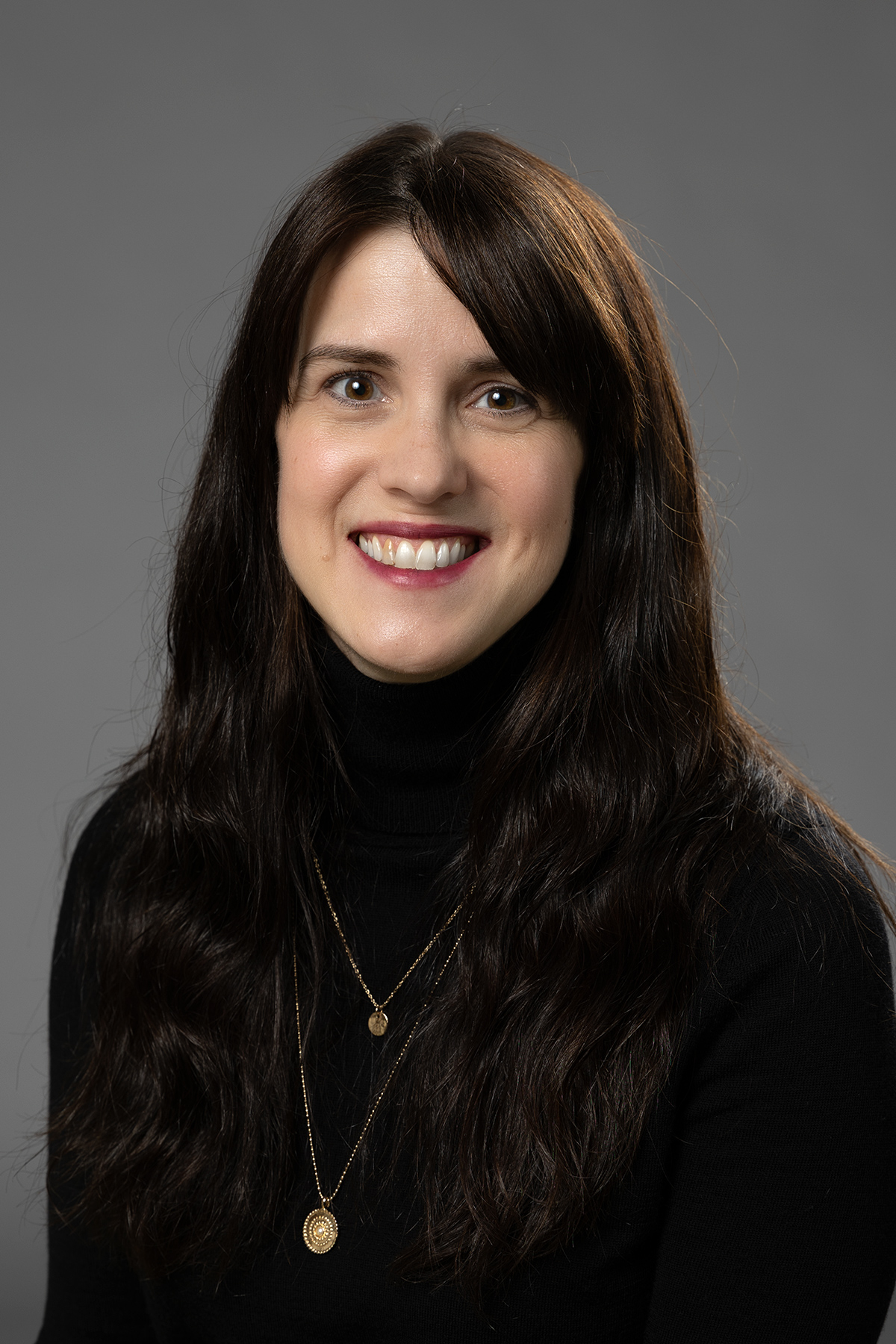She is recognized for winning one of this year’s University Excellence in Teaching Awards, yet Heather Molenda-Figueira, associate professor of psychology, characterizes her early teaching experiences on campus as “a rough start.”
Having only taught one previous course in bio-psychology as a post-doctoral fellow at Michigan State University before starting her position at UW-Stevens Point, she had to quickly develop her teaching skills and style.
As an undergraduate, Molenda-Figueira remembers how intimidating it could feel to ask questions in classes. She wanted to put her own students at ease and foster open sharing around course discussion topics, so when she joined the Department of Psychology in 2011, Molenda-Figueira was drawn to a teaching-focused faculty position that would allow her to develop a close rapport with students.
“Part of their comfort in sharing perhaps comes from my own willingness to use personal experiences as instructional material,” she said. “I try to be fairly laid back in demeanor but hold students to high standards in their work.”
 Associate Professor Heather Molenda-Figueira, psychology, received a 2024 Excellence in Teaching Award.
Associate Professor Heather Molenda-Figueira, psychology, received a 2024 Excellence in Teaching Award.
Molenda-Figueira, or Dr. Figgy as her students call her, teaches Behavioral Neuroscience, Psychoactive Drugs and Behavior, and Research Methods in Psychology, along with senior seminar courses. In 2015, she developed all the course materials to launch and teach the Psychology of Sexual Behavior course and began to coordinate the Neuroscience and Behavior minor program in 2017.
She serves the university community as both a teacher and a mentor in research, providing opportunities for up to ten student researchers each semester. Her main area of research focuses on how endocrine-disrupting chemicals affect the brain and behavior.
Students in Dr. Figgy’s lab are trained to analyze scientific research articles. The team is engaged in animal care and husbandry. For their research, students conduct behavioral assessments of male and female reproductive behaviors.
“They get to see the realities of how the scientific process works and having to try new ways to run experiments to address the research questions,” Molenda-Figueira said.
Psychology and biology major Neo Johnson has spent the past two years working on research in her lab.
“She has taught me so many valuable and practical lab skills and always takes the time to involve her student assistants in all steps of the research process,” Johnson said. “One of the greatest lessons I have learned from Dr. Figueira is that the pursuit of knowledge is a lifelong endeavor.”
Students feel comforted when meeting with her to have their questions addressed. While difficult to master, many of her neuroscience students explained the many ways in which Molenda-Figueira helped them to conceptualize key concepts. She finds ways that students can interact with the course content, such as mock scenarios and case studies, or sharing recently released research in classes to keep topics relevant.
“The commitments and accomplishments of Dr. Molenda-Figueira characterize a professor who has a deep and abiding interest and concern for teaching and learning,” said Professor Jeana Council, professor of psychology and chair of the Psychology Faculty Merit and Nominating Committee. “She is devoted to her students and promotes their intellectual growth in countless ways as she works with them in and out of the classroom.”
Molenda-Figueira is enthusiastic about offering students chances to apply their learning in impactful ways. These opportunities include students presentations at the Midwestern Psychological Association conference or advising the UWSP Psychology Club to support students with ideas and encouragement for events they decide to host.
Molenda-Figueira is currently working through ideas and collaborating with department colleagues to develop a new course in developmental neuroscience for the next academic year. She is looking forward to accompanying a group of students for a study abroad opportunity with the History of Psychology international course. The group will visit labs, universities and other sites in Europe important because of early pioneers in the field of psychology.